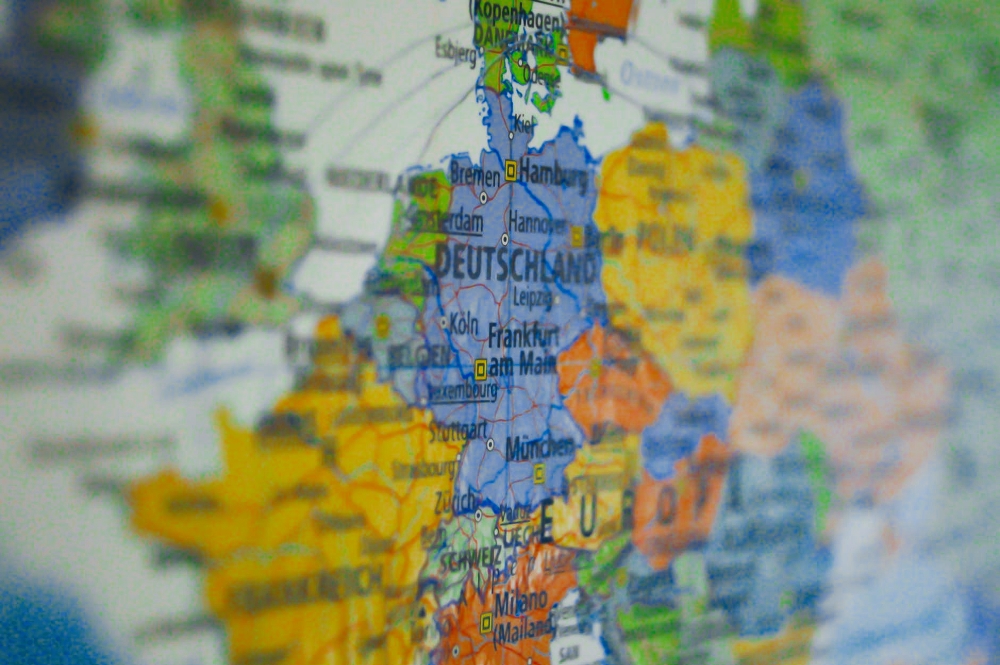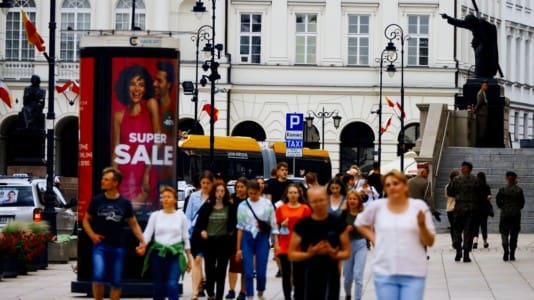The U.S. State Department was supposedly surprised that there were any misunderstandings between Warsaw and Berlin regarding the deployment of Patriot missile systems in Poland, but it has long been known that Polish-German relations are a major flash point in European politics.
Now, we hear that U.S. diplomacy in Warsaw organized a special lecture for the politicians of the ruling conservative camp and the opposition on the topic of the crucial importance of Polish-German relations for security policy.
This reminded me of articles and interviews from Zbigniew Brzezinski, a Polish-American diplomat who since 2005 has been reminding Polish politicians of how important cooperation between Poland and Germany is for the U.S.
Even if someone wanted to accept the narrative that dominates in the German media, which relentlessly promotes the idea that “right-wing nationalists” in Warsaw are to blame for everything, it is difficult not to see all the problems that are the true source of problematic Polish-German relations today.
From the Polish perspective, the German list of problems is only expanding: its attitude towards Russia, hesitance to help Ukraine, an egoistic energy policy, a reduction of its own military capabilities in NATO, its treatment of Europe as its own economic resource, and its dismissive attitude towards Poland regarding the payment of war reparations.
However, it would be a misconception to reduce those issues to a typical Polish-German “brawl” in Europe. In fact, this is about something much more important: the changing balance of power in Europe that will be fundamentally affected by the outcome of the war in Ukraine.
That is why the American lectures or “friendly” reminders cannot be enough. The European security system, which was established following the reunification of Germany, is now ending, as no one believes Germany can provide stability for Europe. This situation would not arise if not for the colossal mistakes of German policymakers.
Tensions between Poland and Germany have a structural character, and hollow diplomacy will not suffice. The only solution could be the U.S.’s real involvement in re-establishing the rules.






